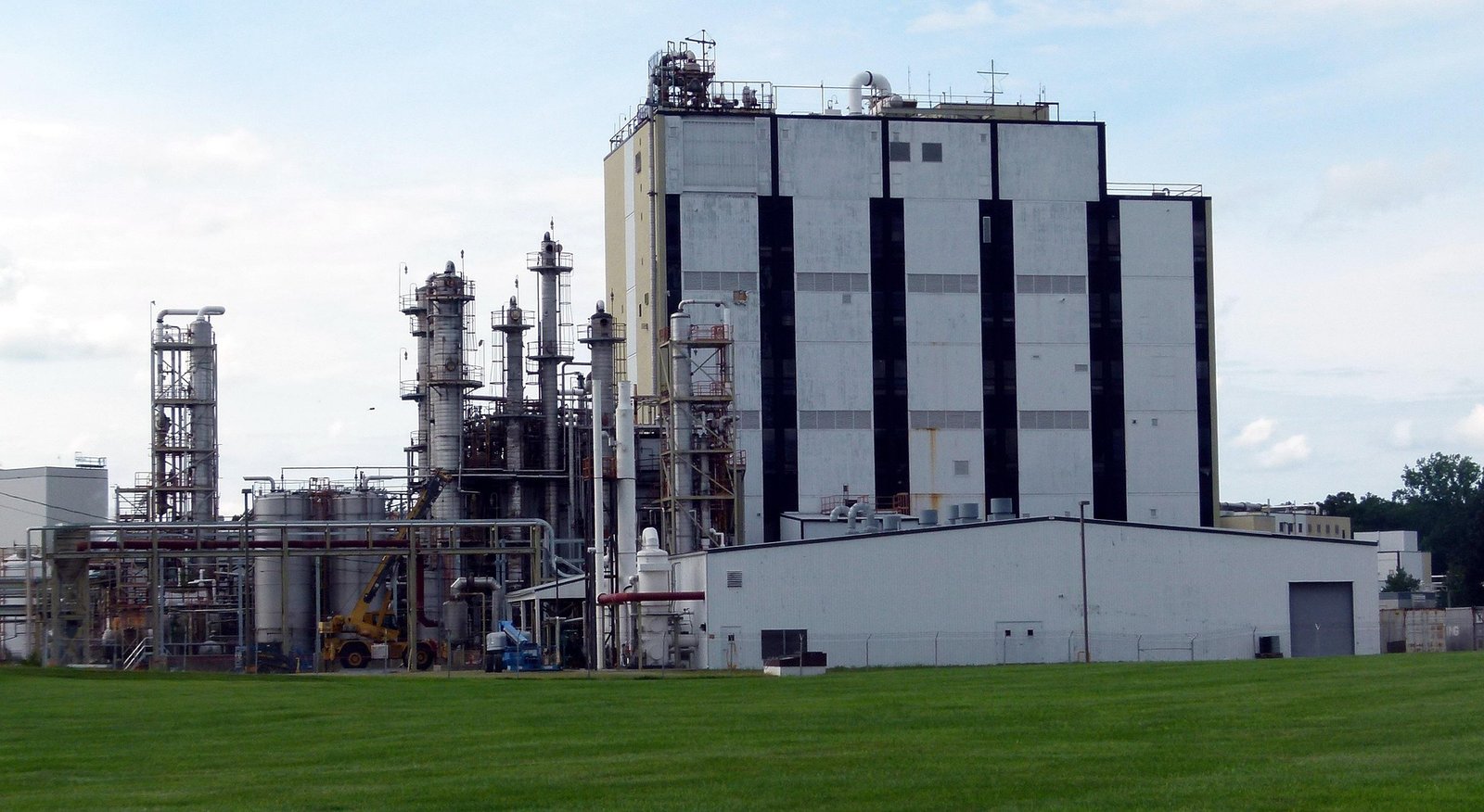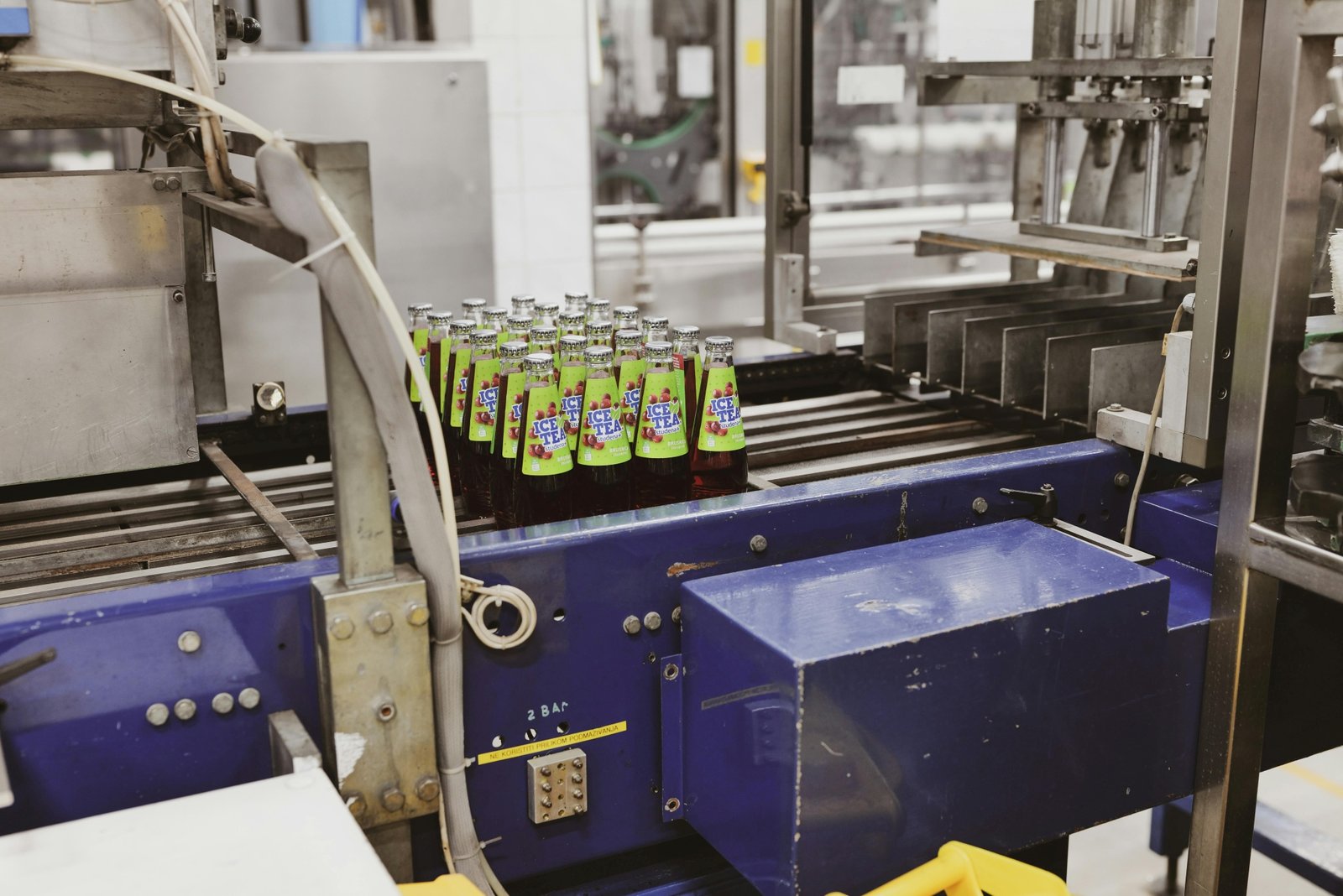How Does FSSC 22000 Apply to Food Packaging Manufacturers?
When people think of food safety certifications, they usually picture food processing plants—not packaging. But food packaging plays a critical role in protecting food safety, shelf life, and brand integrity. That’s why FSSC 22000 isn’t just for food manufacturers—it’s also designed for food packaging manufacturers.
If you’re producing plastic containers, glass jars, printed cartons, or flexible film for food applications, FSSC 22000 may be essential for your business growth and compliance.
✅ What Is FSSC 22000?
-
A GFSI-recognized food safety certification scheme.
-
Based on ISO 22000, with:
-
PRPs specific to your industry (e.g., ISO/TS 22002-4 for packaging).
-
Additional FSSC-specific requirements like food fraud and food defense.
-
-
Globally accepted by retailers, brand owners, and food processors.
📦 Why FSSC 22000 Is Important for Packaging Manufacturers
-
Packaging is in direct contact with food.
-
Contamination from packaging can lead to recalls, foodborne illness, and legal risks.
-
More food companies are requiring certified packaging suppliers as part of their supply chain control.
🔍 FSSC 22000 Scope for Packaging Industry
FSSC 22000 covers:
-
Primary packaging: Direct food contact materials (e.g., PET bottles, aluminum lids).
-
Secondary packaging (if impacting food safety).
-
Material types:
-
Plastics (rigid/flexible)
-
Paper & board
-
Metal
-
Glass
-
Wood (if applicable)
-
Composites
-
🧩 Key Components of FSSC 22000 for Packaging
1. ISO 22000 Core
-
Food safety management system structure
-
Risk-based thinking & continual improvement
2. PRPs for Packaging (ISO/TS 22002-4)
-
Includes requirements for:
-
Facility design & maintenance
-
Hygiene practices
-
Contamination prevention
-
Cleaning & disinfection
-
Product recall systems
-
3. FSSC Additional Requirements
-
Food fraud prevention
-
Food defense / sabotage protection
-
Allergen management (if relevant)
-
Environmental monitoring (where appropriate)
💡 How Certification Benefits Packaging Businesses
-
✅ Access to new markets: Many food brands require certified packaging vendors.
-
✅ Boosts credibility and trust with food processors and retailers.
-
✅ Reduces risk of contamination, complaints, and product returns.
-
✅ Improves operational discipline and traceability.
-
✅ Prepares you for global trade, especially if you serve export markets.
⚠️ Common Misconceptions
-
❌ “Packaging isn’t part of the food safety chain.”
→ False: Packaging can introduce physical, chemical, or biological hazards. -
❌ “Only large factories need certification.”
→ False: Many SMEs in packaging are now being required to certify.
📈 Who Should Consider FSSC 22000?
-
Plastic film converters
-
Paper-based carton manufacturers
-
Can and jar producers
-
Label printing companies for food
-
Glass bottle manufacturers
-
Flexible packaging producers
If your product touches food—or impacts food quality—you are likely within scope.
🏁 Final Thoughts
FSSC 22000 is more than a food safety certification—it’s a competitive advantage for packaging companies.
Whether you’re supplying MNCs or local food brands, being certified can mean the difference between landing a big contract or being left behind.
Need help getting FSSC 22000 certified?
At CAYS Scientific, we help packaging manufacturers implement efficient, audit-ready systems that meet global food safety standards. Talk to us today for a free consultation.




